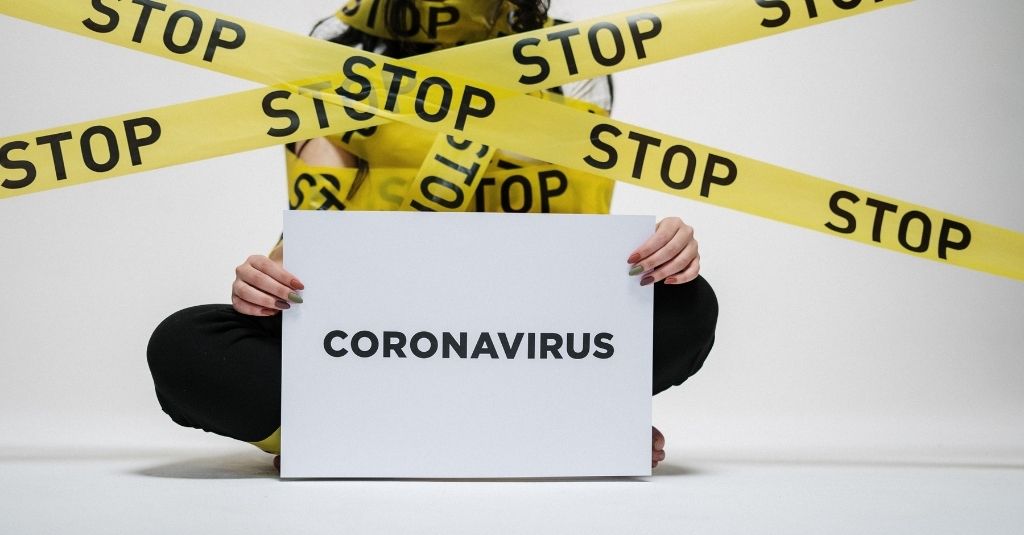Can I do nothing and still feel fulfilled?
Can I do nothing because I don’t feel motivated and still feel fulfilled? Yes
We are living in foreign times. We are not alone in our fears and stresses. We are not alone in feeling less than motivated during this unprecedented year of Covid. The year with no end in sight. It is like running a race and just as you see the finish line, it gets moved farther and farther away. Sound familiar?
Stuck in the house day after day,
limited resources can leave us feeling less than excited about our day. Add to the mix freezing cold weather in certain parts of Canada and we can truly feel like a prisoner in our own homes.
Makes total sense.
We need to be mindful of our own physical and mental health as we are trying to navigate from 2020 to the new year 2021.
Let’s face it we have all had our challenges big or small, they are challenging to each of us. It may look and feel different but it is still stressful. Dealing with these emotions and challenges can be difficult if we don’t have the right tools and strategies and if we’re not mindful.

It’s OK to step back from what you are doing and just take a break. Put down the computer turn off the technology , lock the front door just be with your own thoughts.
For me, I like to recharge listening to the Calm App (I guess technology is helpful), the gentle waves splashing on the shore with no outside noises. In the quiet darkness of my bedroom with the soft soothing sounds, or watching/listening to a show that keeps me on the path to inner peace/calm.
Not everyone has an awareness about their mental health and stress levels. From the article COVID 19 – Managing Stress and Anxiety:
Experiencing fluctuating levels of stress and anxiety is a normal response to the COVID-19 pandemic. People worry about their own health and the health of their loved ones, here and abroad. People may also have a lot of concerns around school or work, their finances, their ability to take part in important community and social events and hobbies, and other important parts of their lives. People who already experience a lot of anxiety may find their anxiety worsening.
People have many questions about managing their mental health at home, the workplace, their employees, students, family and friends. Add the burden of social isolation and we can really begin to struggle. In the article there are several links to managing your stress and anxiety.
The following are some resources to help with managing the stress and anxiety that people may be experiencing at this time:
- Information on managing stress and anxiety
- Understanding Quarantine, Isolation and Social Distancing in a Pandemic
- COVID -19 Support for Entrepreneurs
- Working From Home Fact Sheet
- Limiting Your Consumption of News and Social Media
- Help Next Door MB
- Tips for Coping with Physical Distancing
- Tips for Managing Stress during the COVID-19 Pandemic
- Tips for Emotional Resilience
- Talking to your Children about COVID-19
- Strategies to Reduce Stress
- Tips on Self-Care
- Managing Competing Priorities when Working from Home
- Maintaining Family Well-Being
- Dealing with Depression during a Pandemic
- Creating Healthy Boundaries
- 6 Ways to Keep Your Anxiety from Taking Over
- Navigating Services during Social Distancing
- Anxiety Disorders Association of Manitoba Support Line
- Sara Riel Inc 24 Hour Peer Support and Warmline
- Phone, screen, & mobile device disinfection tips from Shared Health Manitoba
- Tips to Cope with Social Distancing
- 6 Tips to Respond to Employee Anxiety About COVID-19
- Maintaining Your Mental Health During the COVID-19 Pandemic
- CMHA BC – Here to Help fact sheet on COVID-19 and Anxiety
These are helpful informative links. I like the one on resilience, tips on self care and reducing stress. Our attitude has much to do with how were are currently coping and yet even with a positive attitude, good coping skills and a self care tool-kit we can still feel overwhelmed and stressed out. I know it has happened to me. The important part is in recognizing when we are falling deep into that depression and stress pit. Obviously we cannot control the rate of vaccine roll out, or the virus itself but what we can control is doing all the recommended safety procedures and following the government scientific/medical expert guidelines (hand washing, masks, social distancing, no travel, avoiding crowds etc).
Is it frustrating?
Absolutely and yes there have been days where wearing my mask really pisses me off and I get angry because having to wear glasses they fog up. This is an opportunity to figure out what is the stem of that anger and for me it is the sense of helplessness, I need my glasses and I need to wear the mask. Focusing on what we can control, wearing the mask is in my control, having good friends and keeping them all safe by wearing a mask, the little things in life can help bring us out of that stress pit.
Talking about mental health is important. In the article The Not-So Silent Fallout from COVID-19 Stress:
Examining the state of our own personal mental health is not an exercise that many of us are familiar with. That is, until March 12 when the World Health Organization officially declared COVID-19 a pandemic.
As we check our temperatures and place masks over our faces, we are listening a little more closely to that inner voice that is telling us to keep our stress levels under control.
Stress is flying in from a variety of sources. A central one is how the companies we work for are reacting to this pandemic and how they are keeping us safe.
Keeping the conversation going on mental health, anxiety, depression is important to help folks navigate and understand that they are not alone and these feelings are ‘normal’ in unnormal times.
The stress can be attributed to several factors, according to a study done recently by the American Psychiatric Association. More than one-third of Americans (36%) say coronavirus is having a serious impact on their mental health and most (59%) feel coronavirus is having a serious impact on their day-to-day lives.
“Normalizing these feelings helps people feel comfortable in sharing their feelings,” says Gruttadaro. “And if the top leadership is open as well, it helps create a culture that can address mental health issues.”
We are not alone in our lack of motivation and frustration with COVID.

As we slowly emerge from under the COVID cloud we can see the light at the end of a dark tunnel. There are going to be questions and confusion about what we as individuals and nations did right, what worked and what did not. As a collective I would hope we adapt to this ‘new reality’. From Psychiatric times Post COVID Stress Disorder: Another Emerging Consequence of the Global Pandemic
Psychological first aid provided by trained community personnel might help the general population as they experience distress during the COVID-19 pandemic.2 For individuals enduring fallout from personal stressors, experts have recommended expanded use of telehealth to identify and treat mental health conditions, including depression, PTSD and other trauma-related disorders, substance use disorders, and suicidal ideation. Self-help groups, 12-step programs, spiritual and religious services, interest groups, and employee groups working from home are all increasingly using interactive internet-based platforms. And it is essential for societies to provide citizens with assistance for jobs, housing, food, medical care, education, internet connections, and many other basic survival needs.
The current international pandemic and possibly future ones will challenge us and give us the chance to continue to learn and share with other nations, hopefully linking us cooperatively rather than polarizing us.
Be willing to accept and understand how our mental health impacts our motivation levels.
Be kind to yourself, self compassion is needed as we live our day to day lives. Think about what affects your emotional well being, triggers and what can you do to cope. Things can change and learning to adjust can take time, be patient and kind to yourself.
We are all in this together,
at some point a lack of motivation can happen. Be mindful of your attitude, self care tools and let yourself be in the moments in order to come out again feeling less stressed. There are times when listening to sounds of waves or my favorite show give me the motivational kick start I need to keep moving forward. Sometimes it takes a few minutes, or a couple of hours or a few days. Knowing what to do when we need to recharge to feel motivated is an individual experience. Resting in the dark, sounds of waves and a cup of tea were what I needed. Think about what you need? What does it look and feel like for you? Seek out professional help if needed and never give up. The light at the end of the COVID tunnel is getting brighter. Hope on the horizon.
